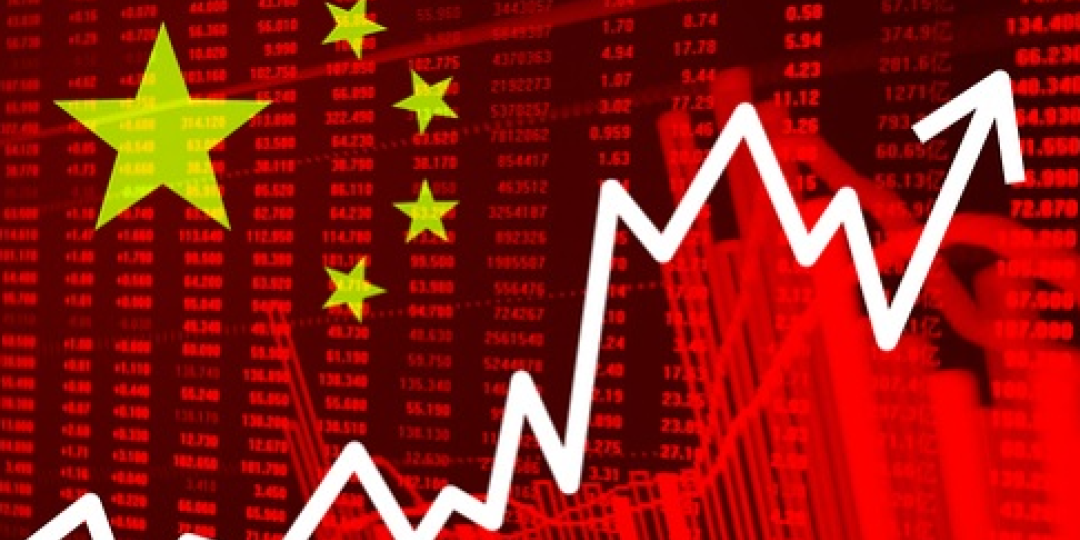China's economy performed better than the expected outlook during the first quarter of 2024.
The country’s GDP grew by 5.3% year-on-year (y-o-y), up from 5.2% during the fourth quarter of 2023, according to the Bureau for Economic Research’s latest Weekly Review released on Friday.
“This was more robust than expected, as a Reuters poll estimated growth of 4.6%. Growth was mainly driven by strong growth in high-tech manufacturing, which contributed to a solid 6.1% increase in industrial production in the first quarter,” BER economists noted in the report.
Manufacturing of electronic equipment, charging stations for electric vehicles (EVs), and 3D printing surged by 40% in the first quarter. Investment in fixed assets such as factories, roads, and power grids increased by 4.5%, boosted by a 9.9% increase in manufacturing investment that was offset by a 9.5% fall in property investment.
“Retail sales were also up 4.7% in the first quarter, boosted by increased spending on catering services, cigarettes and alcohol, and sports and entertainment activities,” BER noted.
“China has set a GDP growth target of about 5% for the year, and while we expect growth to slow in the second quarter, it certainly is off to a good start to achieve this goal.”
In the United States, retail sales grew by 4% in March y-o-y, following an upwardly revised growth of 2.1% in February.
“On a monthly basis, retail sales rose by 0.7%, more than double the consensus forecast, from 0.9% in February. Though the pace is slower, this is the second consecutive month of retail sales growth. A robust job market is supportive of continued growth in retail activity,” the economists said.
The UK economy grew by 0.1% in February compared to January, boosted by industrial production and manufacturing, especially in the car industry.
“Activity in the construction sector was dampened by wet weather and is expected to bounce back when weather conditions improve. This is the second month (of growth) in a row, and raises the likelihood of the UK economy expanding in the first quarter of the year, marking an end to the technical recession. Still, pressures remain as consumers are facing a low-growth environment with high taxes and inflation,” the economists said.
The headline German ZEW (Zentrum für Europäische Wirtschaftsforschung) Economic Sentiment Index exceeded expectations and jumped to 42.9 in April, from 31.7 in March.
The Eurozone ZEW Economic Sentiment Index improved to 43.9 in April, significantly higher than the March reading of 33.5, and the market consensus of 37.2.













